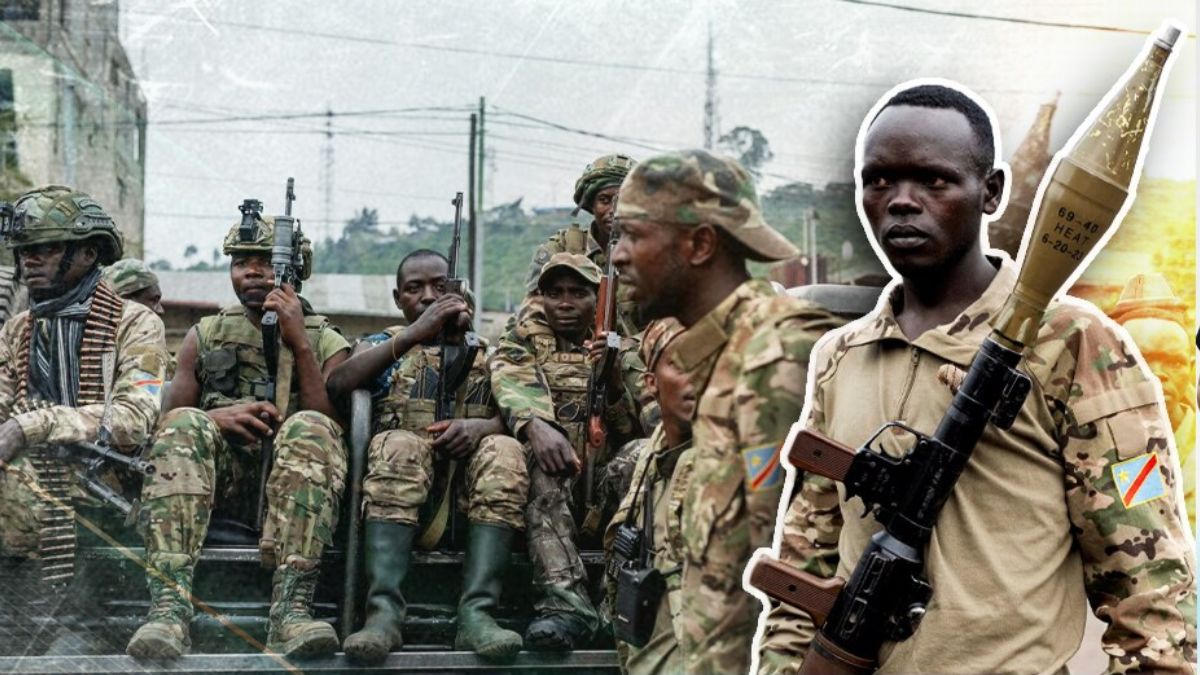The Democratic Republic of Congo and Rwanda on Friday signed a US-brokered peace agreement to end the decades-long conflict in eastern Congo, while also securing access to critical minerals for the United States and American companies.
US Secretary of State Marco Rubio described the deal as “an important moment after 30 years of war.” Earlier, President Donald Trump told reporters he had helped facilitate the agreement in what he called “one of the worst wars anyone’s ever seen.”
“I got them together and sold it,” Trump said. “And in return, the United States is securing a lot of the Congo’s mineral rights.”
The agreement is being seen as a key milestone for peace in the mineral-rich Central African country, which has endured a long-running conflict involving over 100 armed groups—some reportedly backed by Rwanda since the 1990s, with millions of lives lost.
The move also aligns with Trump’s broader efforts to increase US access to critical minerals essential for global technology as Washington and Beijing vie for influence across Africa.
While analysts have hailed the deal as a significant development, they caution that it is unlikely to bring an immediate end to the violence.
The agreement involves provisions on territorial integrity and a prohibition of hostilities as well as the disengagement, disarmament and conditional integration of non-state armed groups.
Peace deal not likely to quickly end the conflict
The Rwanda-backed M23 rebel group is the most prominent armed group in the conflict, and its major advance early this year left bodies on the streets. With 7 million people displaced in Congo, the United Nations has called it “one of the most protracted, complex, serious humanitarian crises on Earth.”
Congo hopes the US will provide it with the security support needed to fight the rebels and possibly get them to withdraw from the key cities of Goma and Bukavu, and from the entire region where Rwanda is estimated to have up to 4,000 troops. Rwanda has said that it’s defending its territorial interests and not supporting M23.
Impact Shorts
More ShortsM23 rebels have suggested that the agreement won’t be binding on them. The rebel group hasn’t been directly involved in the planned peace deal, although it has been part of other ongoing peace talks.
Corneille Nangaa, leader of the Congo River Alliance — known by its French acronym AFC — which includes M23, told The Associated Press in March that direct peace talks with Congo can only be held if the country acknowledges their grievances and that “anything regarding us which are done without us, it’s against us.”
An M23 spokesman, Oscar Balinda, also echoed those thoughts in an interview with the AP this week, saying the U.S.-facilitated deal doesn’t concern the rebels.
Rwanda has also been accused of exploiting eastern Congo’s minerals, a trend analysts say might make it difficult for Rwanda not to be involved in any way in the region. Critical minerals are used in smartphones, advanced fighter jets and much more.
The deal is also at the heart of the U.S. government’s push to counter China in Africa. Chinese companies have been for many years one of the key players in Congo’s minerals sector. Chinese cobalt refineries, which account for a majority of the global supply, rely heavily on Congo.
With inputs from agencies


)

)
)
)
)
)
)
)
)



